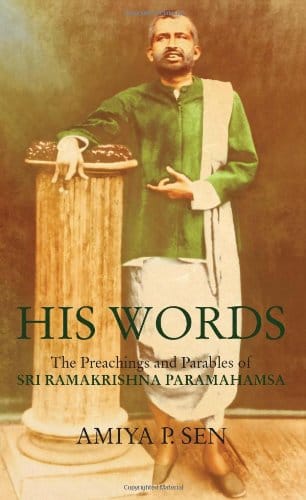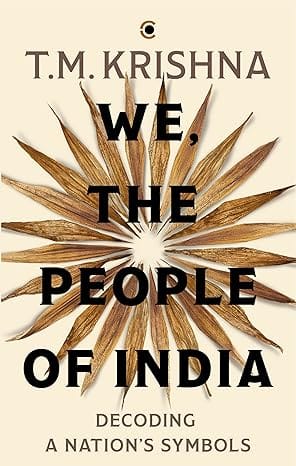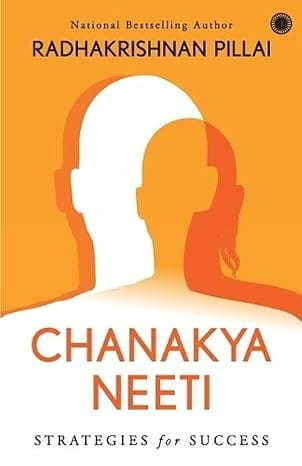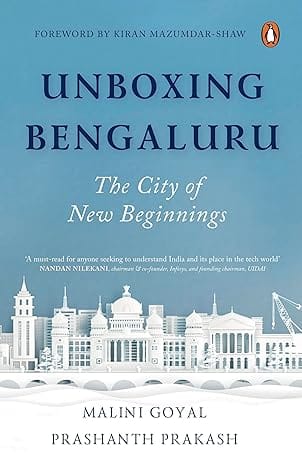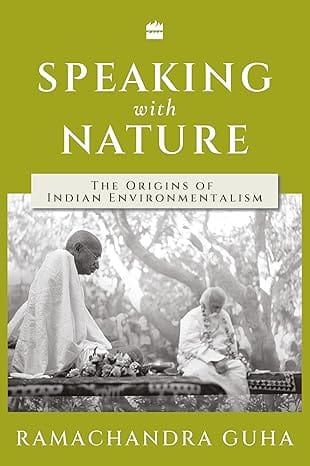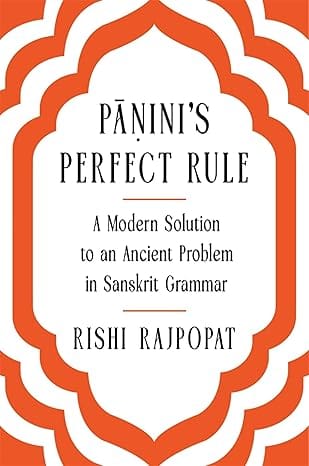WELCOME TO MIDLAND BOOK SHOP!
SHOP FOR
- Non-ficton
- Non-ficton
- Contemporary Fiction
- Contemporary Fiction
- Children
- Children
- Comics & Graphic Novels
- Comics & Graphic Novels
- Non-Fiction
- Non-Fiction
- Fiction
- Fiction
Shop No.20, Aurobindo Palace Market, Hauz Khas, Near Church +91 9818282497 | 011 26867121 110016 New Delhi IN
Midland The Book Shop ™
Shop No.20, Aurobindo Palace Market, Hauz Khas, Near Church +91 9818282497 | 011 26867121 New Delhi, IN
+919871604786 https://www.midlandbookshop.com/s/607fe93d7eafcac1f2c73ea4/69591829db7aed90e0608dfb/without-tag-line-480x480.png" [email protected]9780670084333 60ad08673d44cbf9cc06d16e His Words https://www.midlandbookshop.com/s/607fe93d7eafcac1f2c73ea4/60ad08693d44cbf9cc06d265/9780670084333-us.jpg "‘I found that I had begun to take a great liking for the man . . . Oddly, this did not grow out of any feeling of veneration . . . for that would have implied my being overawed and somewhat fearful in the presence of someone vastly superior. Rather, my feelings grew spontaneously and from the very depths of my heart. I simply revelled in the man's company.'—Mahendra Nath Dutta (Swami Vivekananda's brother) on Ramakrishna Press reports in the 1870s Calcutta marvelled at the way ‘highly educated', ‘civilized' and ‘reasoning' men, like Mahendra Nath Dutta, were drawn to the ‘ill clad', ‘illiterate', ‘friendless' and ‘unpolished' Ramakrishna. The progressive press, which had first brought Ramakrishna to public attention, scoffed at his use of ‘vulgar' speech, while acknowledging its effectiveness in religious communication. Despite these critiques, Ramakrishna came to occupy an important place in the cultural life of late-nineteenth-century Bengal. Amiya P. Sen's lucid introductions and fluent translations of the interactions between Ramakrishna and his followers in His Words make for an engaging and illuminating account of Ramakrishna's teachings. Compiled from a variety of contemporary and near-contemporary sources, this book brings out the dramatic simplicity of Ramakrishna's incisive commentaries on profound religious ideas. See also by Amiya Sen Ramakrishna Paramahamsa: The Sadhaka of Dakshineswar" 9780670084333
out of stock INR 319
1 1
Email ID already exists!
Your Current password is incorrect
Password Updated Successfully
Thanks for your Feedback
- Home
- Non-Fiction
- His Words
His Words
ISBN: 9780670084333
₹319
₹399 (20% OFF)SIZE GUIDE
Back In Stock Shortly - Fill The Book Request Form
Sold By: Hauz Khas - Aurobindo Market
Details
- ISBN: 9780670084333
- Author: Amiya P Sen
- Publisher: Penguin
- Pages: 280
- Format: Hardback
Book Description
"‘I found that I had begun to take a great liking for the man . . . Oddly, this did not grow out of any feeling of veneration . . . for that would have implied my being overawed and somewhat fearful in the presence of someone vastly superior. Rather, my feelings grew spontaneously and from the very depths of my heart. I simply revelled in the man's company.'—Mahendra Nath Dutta (Swami Vivekananda's brother) on Ramakrishna Press reports in the 1870s Calcutta marvelled at the way ‘highly educated', ‘civilized' and ‘reasoning' men, like Mahendra Nath Dutta, were drawn to the ‘ill clad', ‘illiterate', ‘friendless' and ‘unpolished' Ramakrishna. The progressive press, which had first brought Ramakrishna to public attention, scoffed at his use of ‘vulgar' speech, while acknowledging its effectiveness in religious communication. Despite these critiques, Ramakrishna came to occupy an important place in the cultural life of late-nineteenth-century Bengal. Amiya P. Sen's lucid introductions and fluent translations of the interactions between Ramakrishna and his followers in His Words make for an engaging and illuminating account of Ramakrishna's teachings. Compiled from a variety of contemporary and near-contemporary sources, this book brings out the dramatic simplicity of Ramakrishna's incisive commentaries on profound religious ideas. See also by Amiya Sen Ramakrishna Paramahamsa: The Sadhaka of Dakshineswar"
User reviews
NEWSLETTER
Subscribe to get Email Updates!
Thanks for subscribing.
Your response has been recorded.

India's Iconic & Independent Book Store offering a vast selection of books across a variety of genres Since 1978.
"We Believe In The Power of Books" Our mission is to make books accessible to everyone, and to cultivate a culture of reading and learning. We strive to provide a wide range of books, from classic literature, sci-fi and fantasy, to graphic novels, biographies and self-help books, so that everyone can find something to read.
Whether you’re looking for your next great read, a gift for someone special, or just browsing, Midland is here to make your book-buying experience easy and enjoyable.
We are shipping pan India and across the world.
For Bulk Order / Corporate Gifting
 +91 9818282497 |
+91 9818282497 |  [email protected]
[email protected]
Click To Know More
QUICK LINKS
ADDRESS
Midland Book Shop - Hauz Khas
Shop No.20, Aurobindo Palace Market, Near Church, New Delhi
Shop No.20, Aurobindo Palace Market, Near Church, New Delhi

